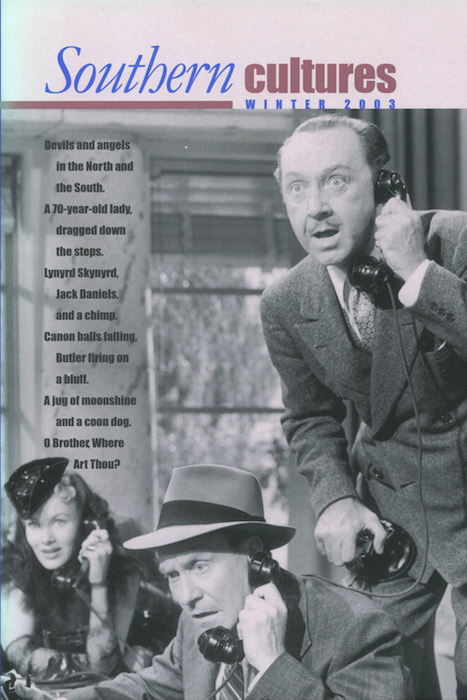“You were there at the U.S. Supreme Court. Your name is called in that body of people. It was just frightening.”
For the better part of twenty years, county extension agent P. E. Bazemore spearheaded a lawsuit charging the North Carolina Agricultural Extension Service with discriminating against its African American county agents in hiring, pay, and promotions for years after passage of the Civil Rights Act of 1964. Bazemore received a favorable ruling from the U.S. Supreme Court in 1986, but the state of North Carolina resisted settling the case for another four years before making amends to the surviving plaintiffs.
Now retired from the extension service and a city council member in Monroe, the eighty-two year old Bazemore is ambivalent about the ordeal. Nine of the original fifty-one plaintiffs died before the settlement, and the financial and human costs of sustaining the case from its beginning in 1971 were enormous. In this edited excerpt of an interview conducted by the University of North Carolina’s Southern Oral History Program in March 2002, Bazemore remembers the day in 1986 that he heard his case argued before the Supreme Court and the phone call he received two months later informing him of the Court’s decision. Bazemore also reflects on the suffering inflicted on him and other African American agents and wonders whether a protest campaign might have been more effective than the legal process.


